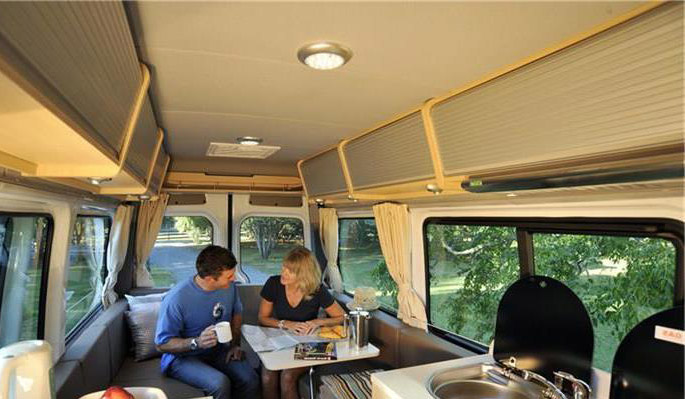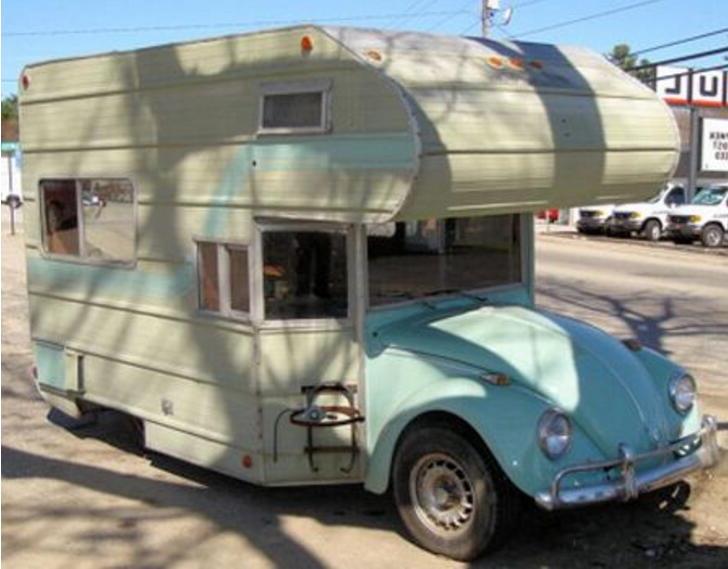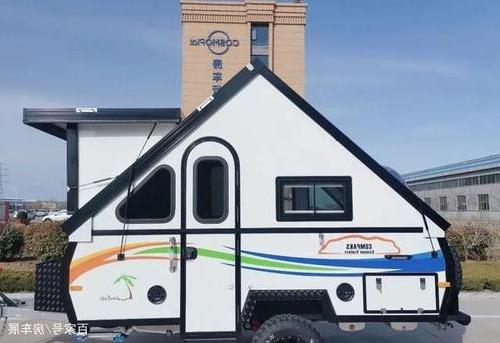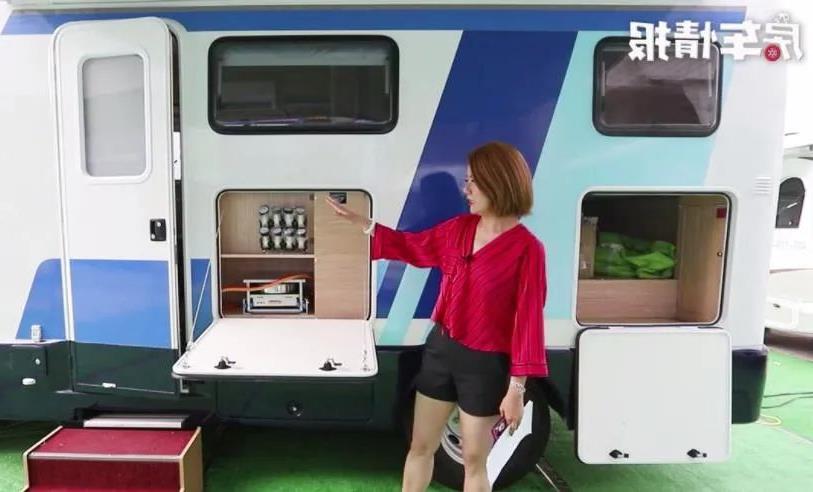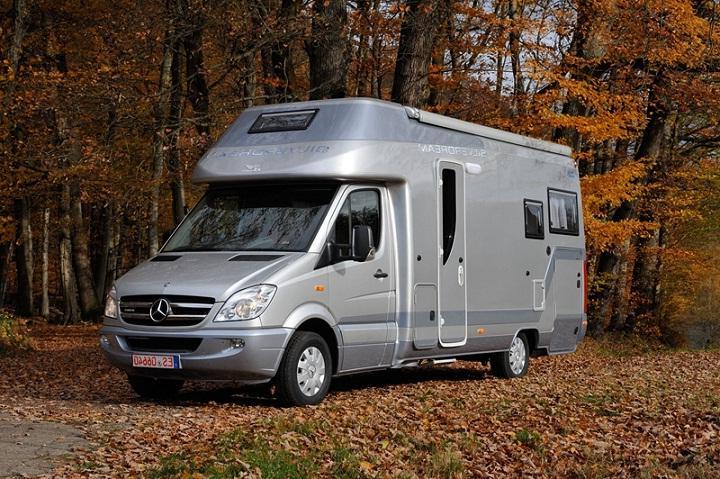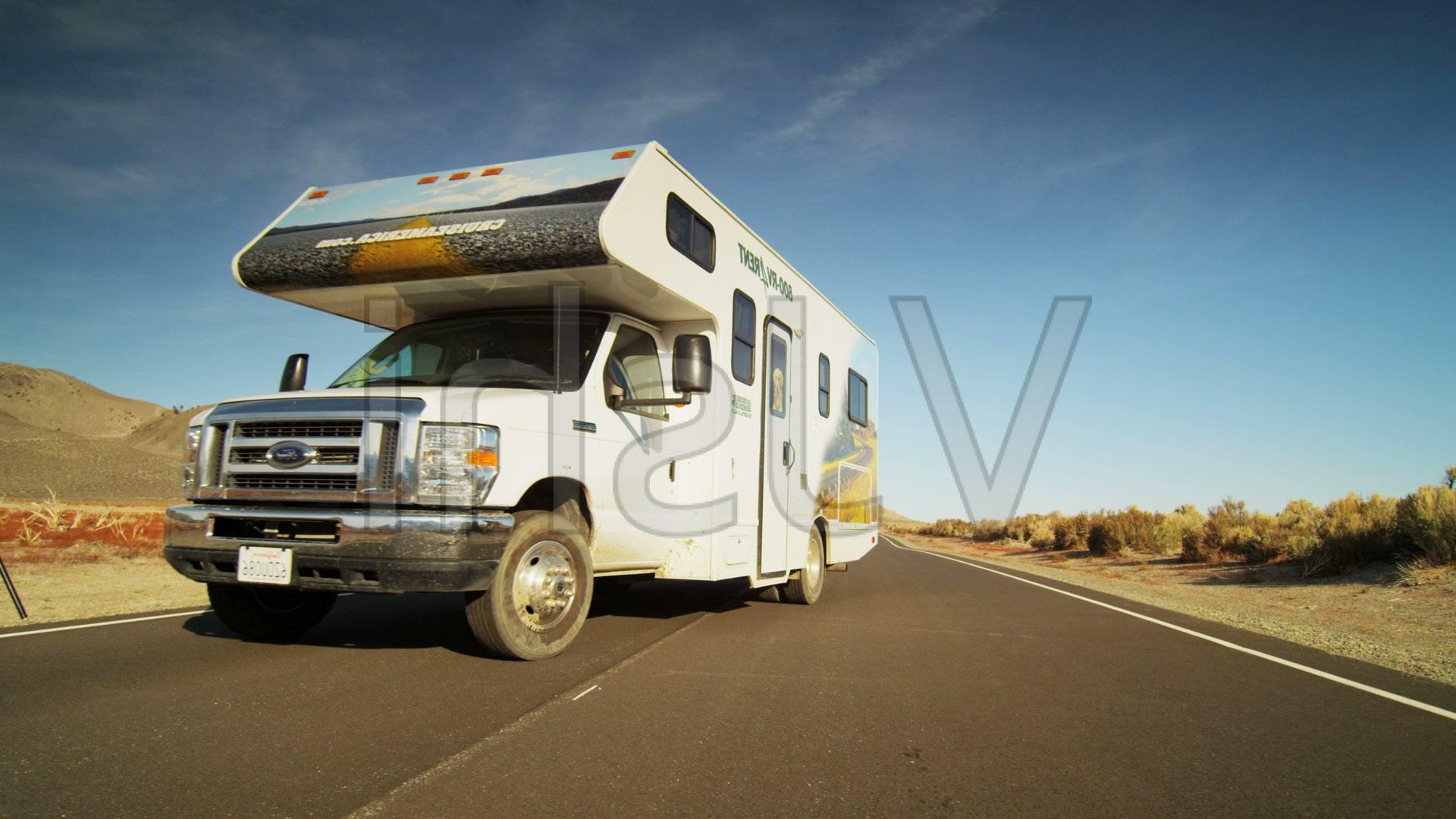Best Indoor Antenna For Rv
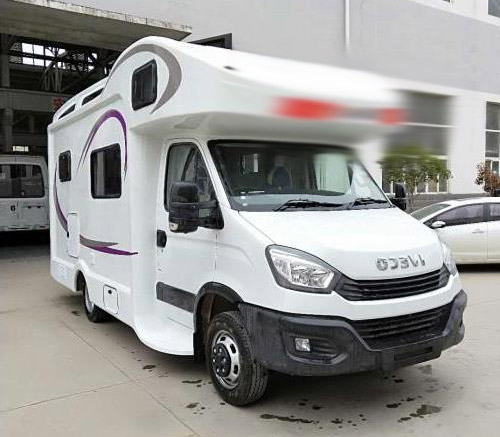
Can you use an old satellite dish for a TV antenna?
No, not legally, but that’s not the goal here. You can’t convert your satellite parabolic dish into an HDTV antenna. For starters, it’s not an optimal shape for capturing terrestrial UHF and VHF signals.
How far will an indoor antenna reach?
Commercial Over-the-Air TV antennas are marketed with distance ratings between 20 to 60 miles (for most indoor models) and up to 150+ miles (for ‘extreme’ outdoor models). But, in real-world conditions the idea reception areas for antenna TV are within about 35 miles of local broadcast towers.
Where is the best place to put an indoor antenna?
Place the antenna in or near a window The fewer obstructions between your antenna and the broadcast towers, the better. And make no mistake–thick walls and ceilings are certainly obstructions. That’s why placing your antenna in or near a window often yields the best results.
Does aluminum foil boost antenna signal?
Wrapping aluminum foil around your antenna will basically increase the surface area and conductivity of the antenna to boost the signal that your TV receives from it.
Where are MOHU antennas made?
The Mohu Leaf 50 is made in the USA, while competitor antennas seem to be made in other countries, and manufacturing costs are typically higher in the US.
What kind of antenna do I need for local channels?
UHF/VHF rated antennas should be used to receive the most important channels (ABC, NBC, CBS, FOX, etc.)
How do I get my free satellite dish?
How do I switch between satellite and antenna?
There should be a button on your remote labeled “ANT” or “INPUT” – that’s where you switch from antenna to satellite or cable or DVR or whatever else is connected to your TV. When you press that button, a box comes up with the different connections.
How can I make a homemade antenna for my TV?
The Paper Clip Antenna If you live in an area with great over-the-air TV reception, a paper clip may be the first option you want to try. All you need to do is straighten out the paper clip and put it into the cable/antenna plug on your TV (that round connector you used to connect the cable outlet from your TV).
How can I boost my antenna?
How do I aim my antenna for best reception?
Is there an indoor antenna that reaches 100 miles?
Wonido Digital Antenna for TV Indoor, 100-200 Miles Long Range Amplified Antenna for Smart TV with Amplifier Signal Booster HD 4K 1080P Free Local Channels with 13 Ft Coax Cable.
How far can digital TV signals travel?
Unless you live on a mountain top under perfect reception conditions, or accept a pixelating pictures as good TV reception, the very best antennas will provide a reliable range in the “real world” of 60 to 80 miles. Any TV antenna vendor that claims greater than 60 to 80 range is lying to you.
How high does my TV antenna need to be?
In general, the higher you place your antenna, the better. It would be best to have your antenna placed 30 feet above ground level to give you the clearest over-the-air connection with a tower. For those looking for that height, outdoor antennas are usually a good place to start.
Does an indoor antenna have to be by a window?
If possible, place your indoor TV antenna in an attic or second-story location, preferably by a window. In reality, most people will place the antenna in the same room as the TV. So try a few higher locations in the room, such as along the wall near the ceiling.
Why do I lose some antenna channels at night?
How can I get local channels without antenna?
If you don’t want to use an antenna, there are several ways to stream your local network channels. The best options to stream local ABC, NBC, Fox, and CBS are DIRECTV STREAM, Hulu + Live TV, and YouTube TV. They all offer a way to live stream major broadcast networks in nearly every market in the US.
Can I use a coat hanger as an antenna?
You can use common household items like a metal coat hanger to make your own antenna. Hangers can be used to make simple, less-effective antennas, or even powerful, complex antennas that will give you a much better chance at getting some free channels.
Why does touching an antenna improve reception?
When you touch an antenna, the capacitance of the touch joint transfers induced RF voltage from your body to receiver already working on noise threshold, resulting in improvement some time. Your body and every other object in path of RF field acts as antenna. More area, more aperture, more gain.
Can you put an indoor antenna outside?
Indoor antennas work just find outdoors. In fact all antennas will perform better outdoors than indoors. The construction of your home actually takes about half the strength from TV signals. Your indoor antenna will rust, corrode or short out a lot faster if you use it outdoors.
What is the difference between the Mohu Leaf 30 and 50?
The Mohu Leaf 30 is rated to pick up TV signals within 30 miles. Mohu also makes the Mohu Leaf 50 (formerly known as the Mohu Leaf Ultimate) which is rated for 50 miles. The only difference is an included Mohu amplifier, but I’ll cover that a bit later in the post.
How long do MOHU antennas last?
While this product does have a 50 mile receiving range for UHF channels, the MOHU Leaf 50 only has a 20 mile range for VHF channels.
Which MOHU Leaf do I need?
So, to sum up, I would recommend the regular Mohu Leaf 30 for most people who live in areas with moderate to strong TV signals. If your antenna is going to be far from your TV, or if you want to drive multiple TV’s, or if you live really far from all stations, go with the amplified Leaf 50.
What is HI V vs UHF?
In the US and Canada, the VHF television band occupies frequencies between 54 and 216 MHz and the UHF band between 470 and 890 MHz. In general, VHF channels are numbered 2 to 13 and UHF channels 14 to 51. However, the channel’s physical broadcast frequency is not always reflected by the channel number you see.
Which satellite has most free channels?
Eutelsat is the satellite company broadcasting the highest number of subscription-free channels, hosting over 400 subscription-free channels across Europe, North Africa and the Middle East and over 300 for Sub-Saharan Africa.

